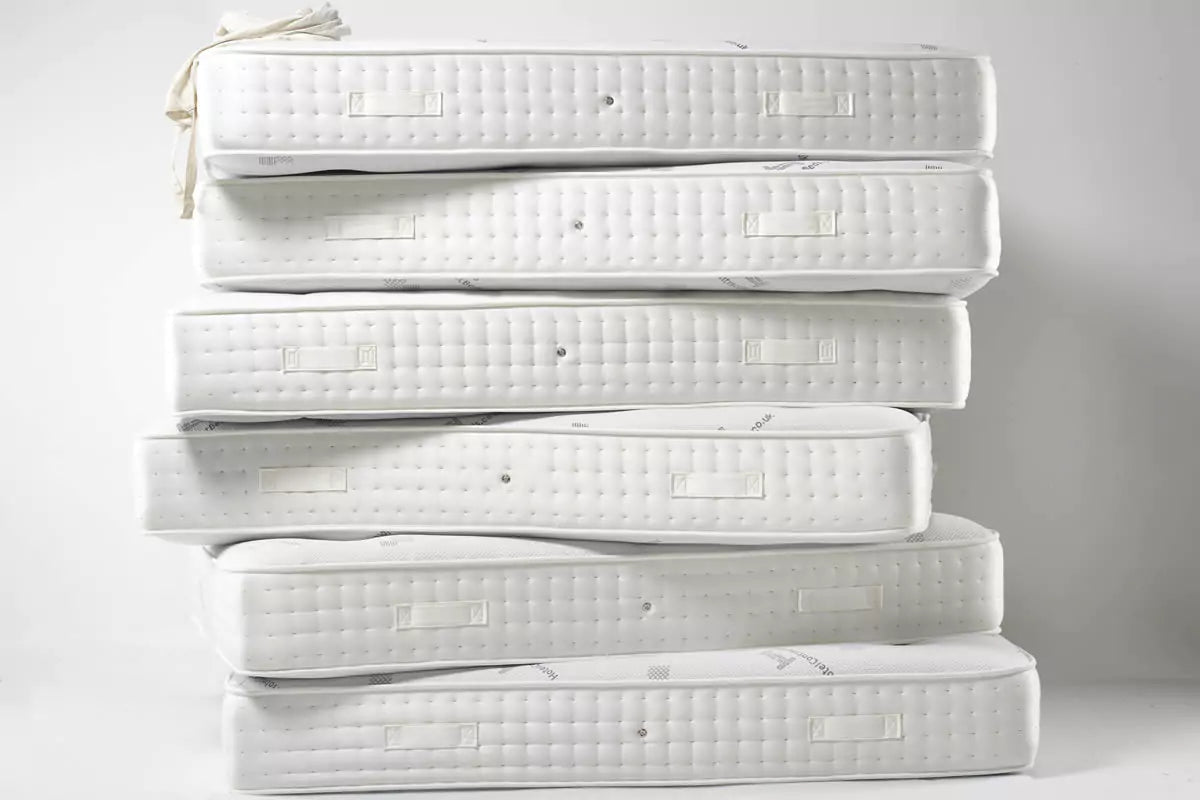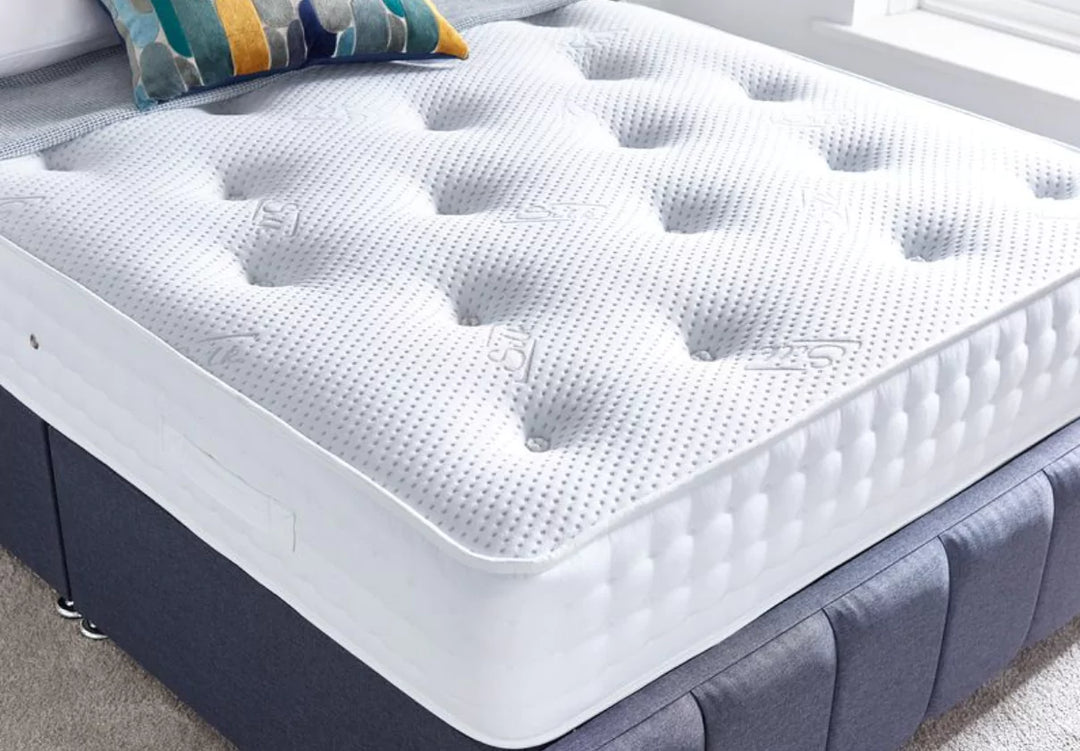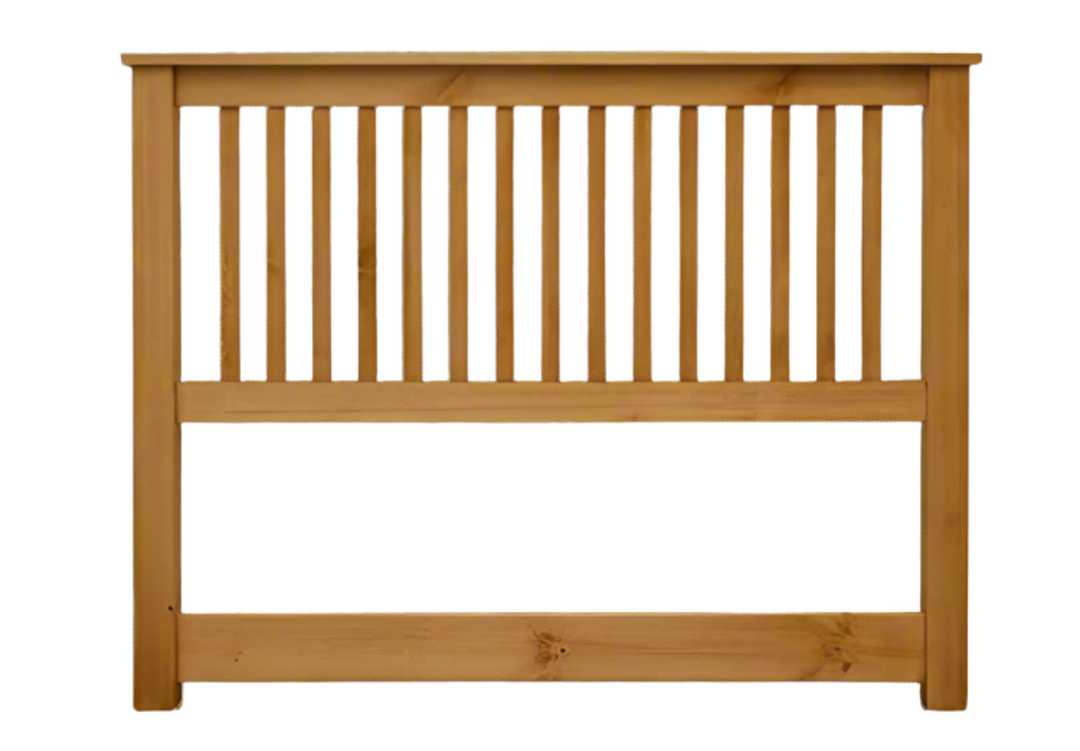How Often Should You Replace Your Mattress? Expert Advice
by Kiran Shukle

We spend roughly one-third of our lives in bed, so it’s no surprise that your mattress has a huge impact on your sleep quality, health, and overall wellbeing. Over time, even the best mattresses lose their ability to support your body properly.
If you’re waking up with aches, noticing sagging, or experiencing allergy symptoms at night, it may be time to consider a mattress replacement.
Mattress Replacement Guidelines: When to Replace Your Mattress
Most sleep experts and mattress manufacturers recommend replacing your mattress every 7 to 10 years. However, the right time depends on:
- Type of mattress
- Level of care and maintenance
- Your sleeping habits
- Changes in your body, health, or lifestyle
Mattress Lifespan by Type: Innerspring, Memory Foam, Latex & Hybrid
Different mattress materials wear out at different rates. Here’s a general guide for mattress lifespan by type:
- Innerspring mattresses – 7 to 8 years
- Memory foam mattresses – 8 to 10 years
- Latex mattresses – 10 to 12 years
- Hybrid mattresses – 7 to 10 years
- Pillow top mattresses – 6 to 8 years
Signs You Need a New Mattress
- Soreness or stiffness – Your mattress should keep your spine aligned.
- Visible sagging or lumps – Dips or bumps reduce support.
- Allergies or asthma flare-ups – Dust mites accumulate. [Source]
- Noisy springs or creaking – Indicates coil wear.
- Better sleep elsewhere – Sleeping better on a sofa or hotel bed is a sign.
- Lifestyle changes – Weight changes, injuries, or a new partner can affect comfort.
How to Extend the Life of Your Mattress: Expert Tips
- Use a mattress protector – Browse our mattress protectors.
- Rotate your mattress – Every 3–6 months prevents uneven wear.
- Keep it clean – Vacuum occasionally and air out bedding.
- Ensure proper support – See our bed frames for guidance.
Find Your Perfect Mattress: Quiz & Recommendations
Not sure which mattress is right for you? Take our Mattress Matchmaker Quiz to discover personalised mattress recommendations based on your sleep preferences, body type, and comfort needs. It’s quick, easy, and helps you find the perfect mattress for a better night’s sleep.
You can also browse our range of mattresses for every sleeper and budget.




